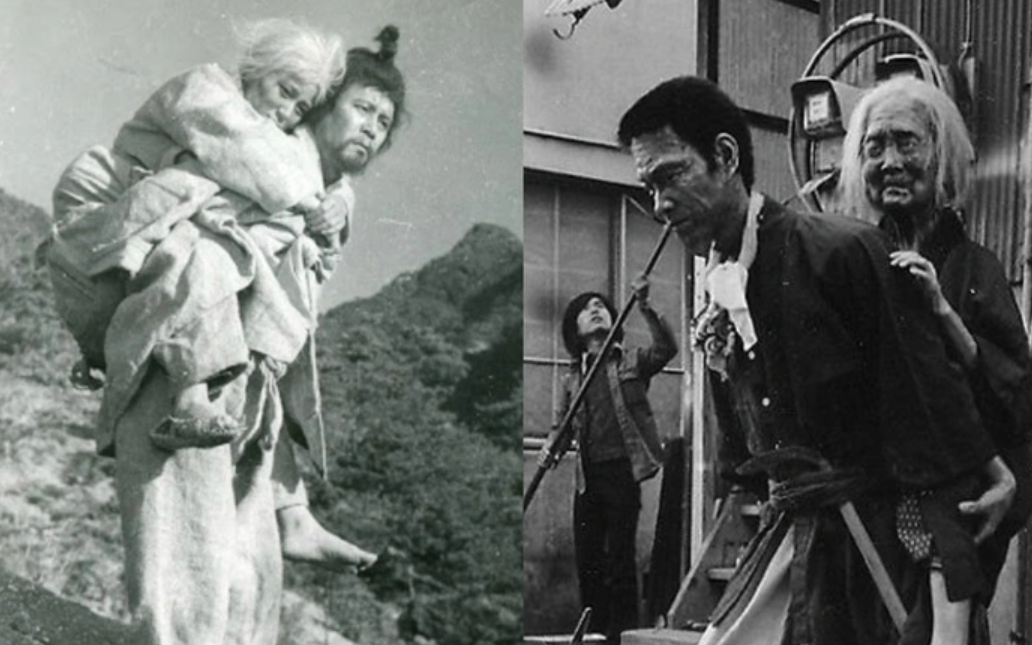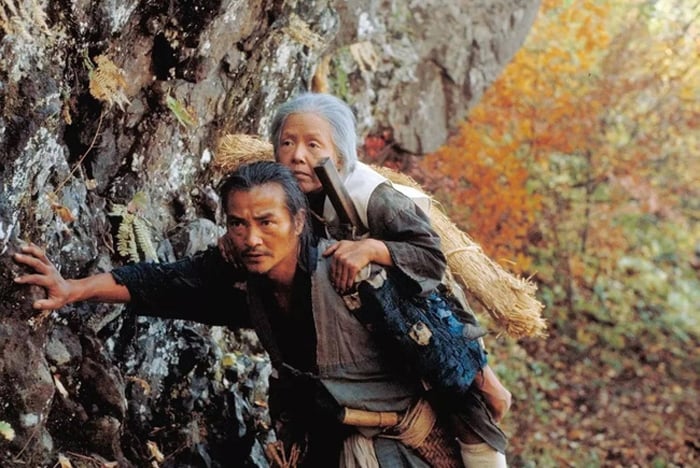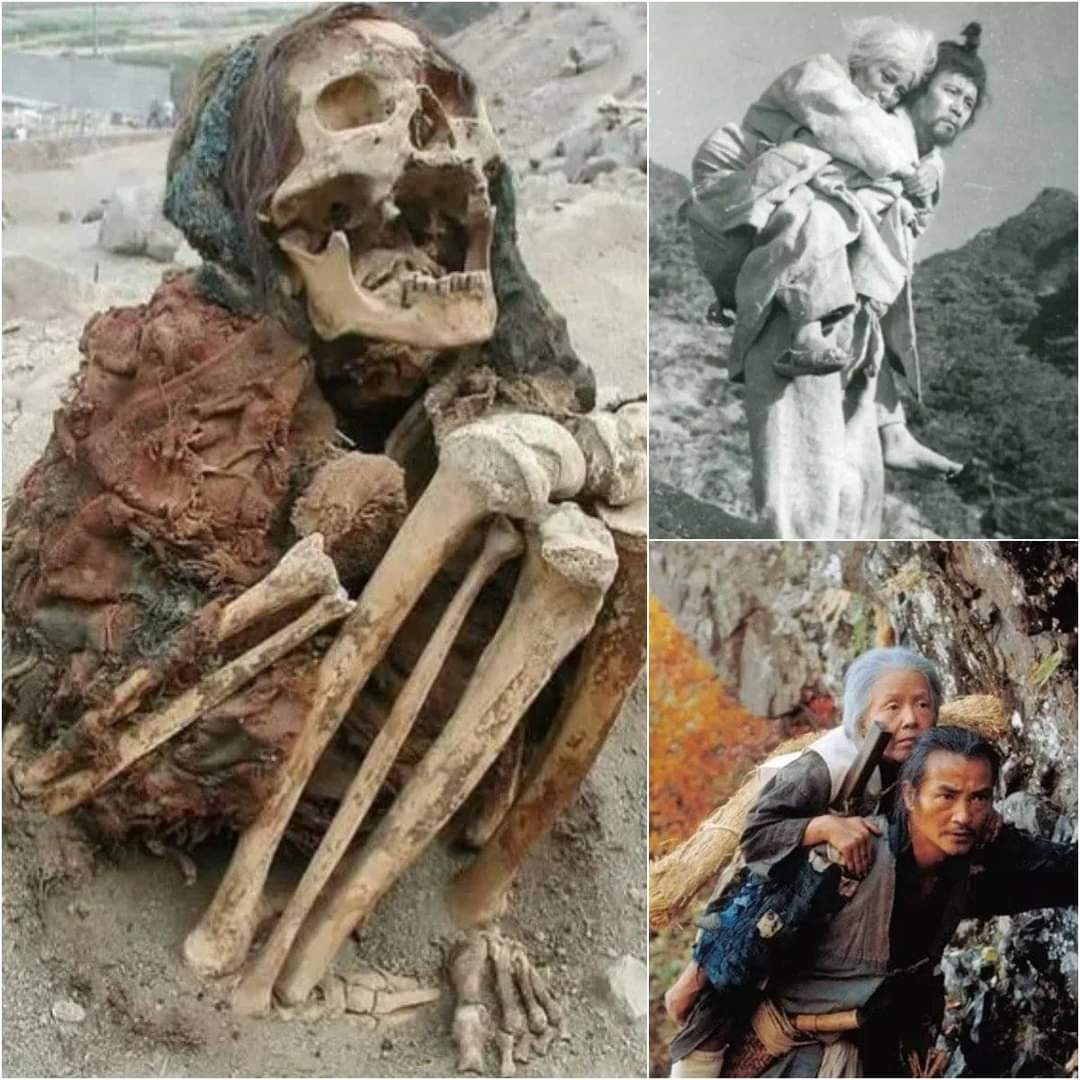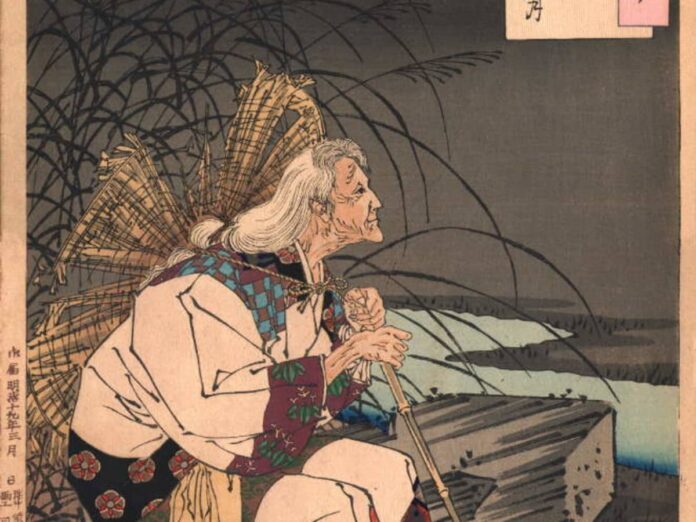Section 1: The Origins of Ubasute
The origins of Ubasute are enshrouded in mystery and speculation. Various theories attempt to explain the emergence of this macabre tradition. One popular theory revolves around the “Great Teimei Famine” of 1783. The eruption of Mount Asama led to widespread agricultural devastation, prolonged famine, and a desperate need to reduce the population for survival. As a result, elderly individuals who could no longer contribute to the community became the subjects of this harsh selection process, leading to their abandonment in desolate areas.

Section 2: Ubasuteyama – A Touching Tale of Motherly Love
One of the most poignant and enduring folk tales associated with Ubasute is the story of “Ubasuteyama” or “Ubasute Mountain.” This tale revolves around a son who carries his elderly mother up a mountain with the intention of leaving her there. However, during their journey, the mother astutely observes her son’s intentions. Along the way, she breaks tree branches and scatters them on the ground, explaining that she is marking a path to ensure he doesn’t get lost on his way back down. Touched by his mother’s love and selflessness, the son ultimately decides to carry her back to the village, defying the rules and expectations of this ancient custom.

Section 3: The Ethical Dilemma and Societal Reflections
The practice of Ubasute raises profound ethical questions and invites reflection on societal attitudes towards aging, caregiving, and the value of human life. While it is easy to condemn Ubasute as an inhumane act, it is essential to consider the historical context, the harsh realities of survival during times of crisis, and the complex emotions experienced by those caught in this tradition. Ubasute challenges us to examine our own beliefs and values regarding the care and support of the elderly.

Conclusion
The ancient Japanese tradition of Ubasute, with its deeply emotional tales and controversial practices, offers a glimpse into the complexities of human nature and the evolution of societal norms. While Ubasute stands as a stark reminder of the hardships endured by past generations, it also serves as a catalyst for discussions on compassion, caregiving, and the preservation of dignity in old age. By shedding light on this historically significant but morally challenging custom, we are prompted to reflect on our own attitudes towards aging, family bonds, and the responsibility we have to care for and honor our elders.
Video
